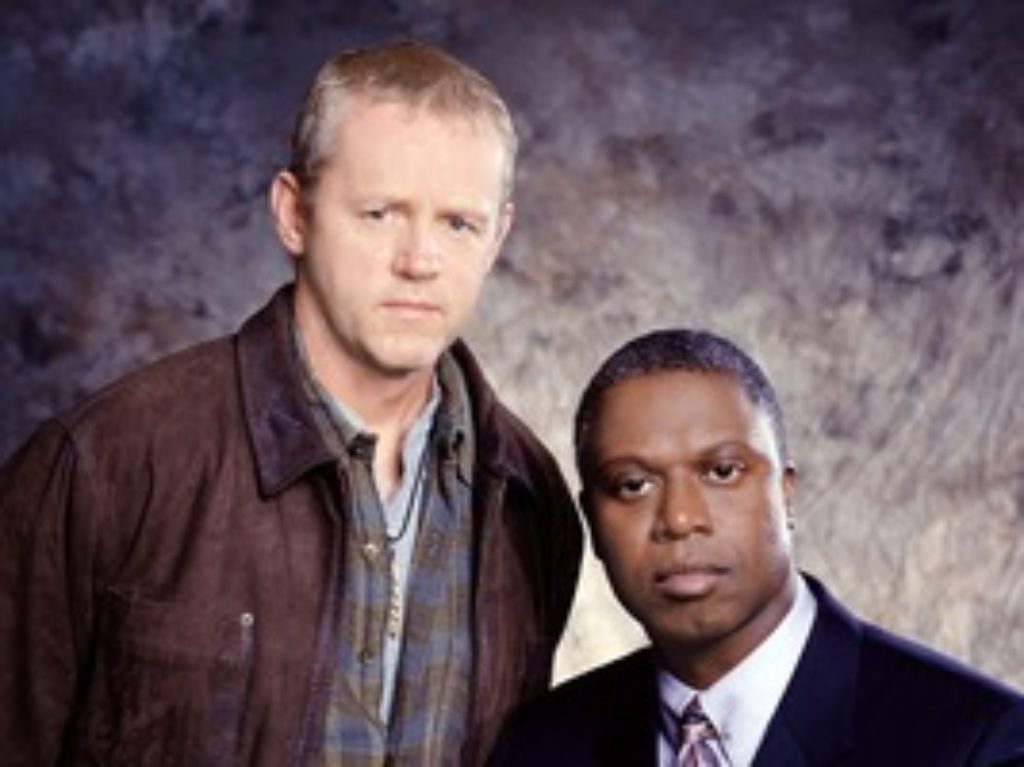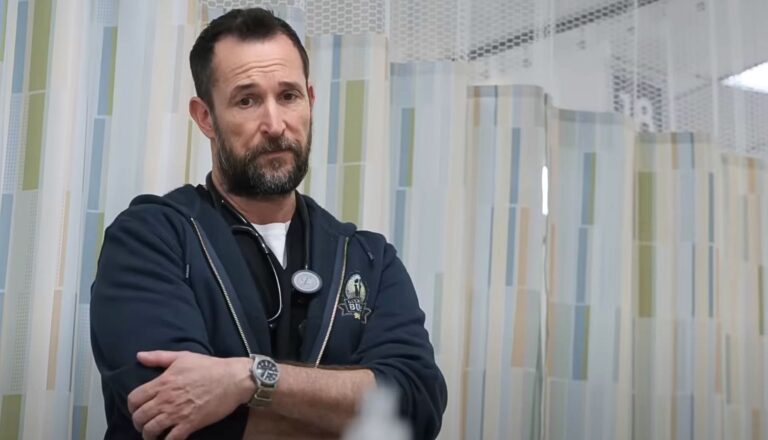
A Knight of the Seven Kingdoms
George R.R. Martin’s ‘A Knight of the Seven Kingdoms’ is more noble than his other works, but it’s quite graphic all the same.

Mike Olshansky is a tortured soul. Booted from Philadelphia’s police force for scooping up cash at a crime scene, he drives a taxi for a living—if you can call what he’s doing living. His wife left him. His son won’t talk to him. He’s under indictment for theft. Even his priest can’t help (he’s got more problems than Mike). So what does the angst-ridden ex-cop do? Since he can’t stand looking at his own life, he decides to peer into the lives of others and seeks redemption in selfless acts of kindness.
Nuanced perfectly by David Morse, the morose Mike provides a voice of reason in an unreasonable world. He begs his estranged wife to trust her conscience, regretting that he was so slow to understand its power. He confronts the hard heart and calculating ways of his former partner (Andre Braugher), urging him—unsuccessfully—to “do the right thing for once.” And he habitually goes out of his way to lend a hand when his fares, friends and family need it.
There’s no “Saint” in front of Mike’s name, though. He drinks hard, swears loudly, roughs up the bad guys and beds a new girlfriend. Many of Hack’s themes are heavy and unfriendly to teens and younger children. Divorce. Domestic violence. Torture. Murder. Writers use Mike’s ties to the police as rationale for visiting gruesome crime scenes, and showing cold-blooded killings and brutal beatings. Scenes at a strip club include lingerie-clad pole dancers and pictures of mostly nude women. Viewers also get invited into the bedroom. Mike’s sexual relationships with his wife and girlfriend include passionate kissing, bare backs and post-coital cuddling.
Hack is strewn with spiritual tidbits, most of them off-kilter. Mike’s Catholic priest berates the church for holding “old fashioned” views while he drinks to excess and wagers on sports. Producers seem obsessed with the notion that, for some unfortunate souls, purgatory starts early. Mike’s attempts at atonement never include a recognition of the One who truly can forgive, making them futile and empty. There appears to be no salvation on the horizon for Mike, just a life sentence of pain and confusion.
Episodes Reviewed: Feb. 21, March 14, April 4, 18, May 2, 2003
(Editor’s Note: Plugged In is rarely able to watch every episode of a given series for review. As such, there’s always a chance that you might see a problem that we didn’t. If you notice content that you feel should be included in our review, send us an email at letters@pluggedin.com, or contact us via Facebook or Instagram, and be sure to let us know the episode number, title and season so that we can check it out.)

George R.R. Martin’s ‘A Knight of the Seven Kingdoms’ is more noble than his other works, but it’s quite graphic all the same.

Does it take a thief to catch a thief? Does it take lots of bad content to make a good TV show?

The Hunting Party is far from the most gruesome drama on television, but its disturbingly inventive ways of killing may make viewers a bit queasy.

Max’s hospital drama ‘The Pitt’ strives to be medically accurate. While a noble goal, this show comes with a whole lot of content, too.